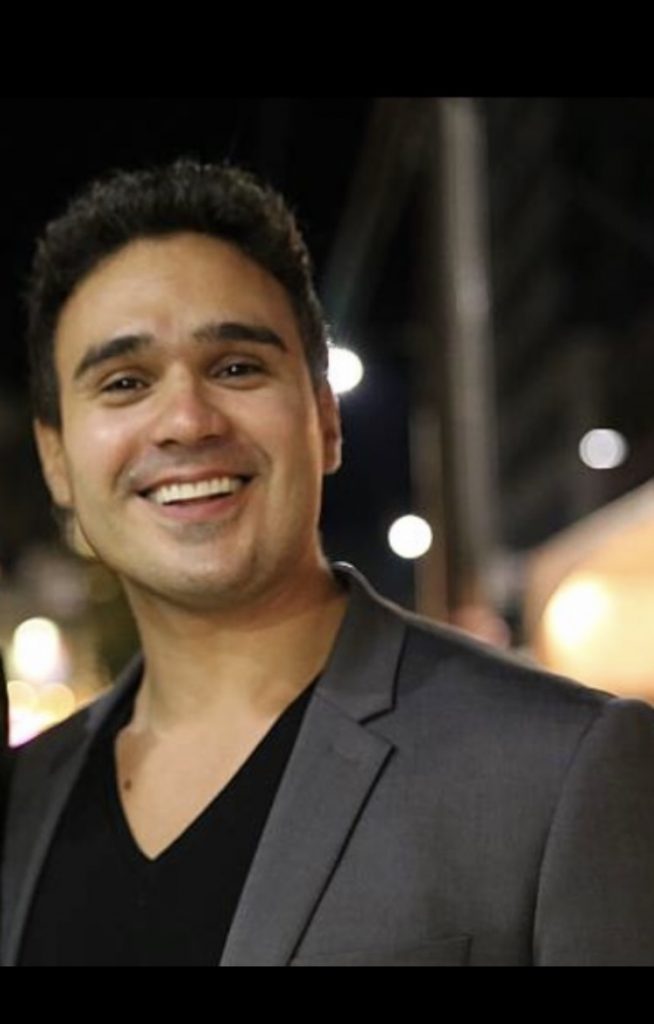Professors Share their Experience in Prison Teaching Program

By Isabella Barberio – Staff Writer
Brian Snee, Ph. D. and Duane Armitage, Ph. D. are two professors who have taken part in the prison teaching program, where they taught higher education to prisoners in Pennsylvania.
Although they both joined the program in different ways, they had similar experiences. Armitage was asked to join the program directly from Haw, while Snee was asked by a professor who previously taught in the program.
“Dr. Haw’s prior experience coupled with his commitment to education, justice and faith, making him extremely enthusiastic about this program; thus, when he asked me to participate in the program, he was quite convincing, and I couldn’t help feeling excited myself to take part in this opportunity,” Armitage said.
“The Chair of Theology, Dr. Maria Johnson, recruited me. She did a guest lecture in my first-year seminar, Catholic Movies and Media, and afterward asked if I was interested in teaching at SCI Dallas,” Snee said.
SCI Dallas stands for State Correctional Institution located in Dallas, Pennsylvania. This was where Snee was asked to teach.
When asked if they would continue teaching in this program, both were eager to continue the experience.
“Absolutely… It was one of the best teaching experiences of my career,” Snee said.
Armitage also agreed and shared plans to teach again this summer.
The program changes the lives of these prisoners, giving them the opportunity to higher education and the resources to jobs once they are released. Recidivism, the likeliness that prisoners will return to jail after being released, is cut from 50% to 4% thanks to this program.
While the program was rewarding to the prisoners, it was also rewarding to Snee and Armitage.
“The most rewarding part of the class was watching the students bond as a group. For 15 men who spend all day everyday together, it was surprising to discover how much they had not shared with one another until they found themselves in a public speaking class,” Snee said.
Armitage, a Philosophy professor at the University, said that one of the most rewarding parts of the program was teaching the students. While teaching something he is passionate about, he still learned from them.
“The students, on the other hand, were a delight to teach, and the most rewarding part of this experience was giving these students, who have now suffered a tremendous amount of physical and psychological pain, an opportunity to study philosophy and engage the life of the mind,” Armitage said.
But with every rewarding experience, there were difficulties. It was a different experience from teaching in a college: no email communication, no paper, no internet and minimal changes to the curriculum throughout the semester. Snee had to adjust his teaching goals to these difficulties in order to provide them with the course materials.
“The most difficult part was teaching without access to digital content. I wanted to show them videos of great speeches, for example MLK’s “I Have a Dream” speech, but had to settle to reading the speech texts instead,” Snee said.
While Snee had difficulties with classroom setting and content, Armitage had difficulty adjusting to being in a “prison system” setting.
“The most difficult part of the experience had largely to do with the process of entering a prison, experiencing the life of the prison system,” Armitage said.
Course content is an important part of any class, and prisoners were given access to different content throughout the semester. They are given a schedule that requires them to take core classes in order to graduate.
After providing the prisoners with content related to the course he was teaching, Snee noticed a difference in their behaviors.
“It was clear to me that getting lost in the content was a welcome distraction from their circumstance,.” Snee said.
When asked what advice the professors would give to their students, Armitage said he wouldn’t give them any.
“I don’t think I need to give advice to them; in my experience, these students have take a lot of time to reflect on life, who they are, and who they want to be…. They are highly motivated and already extremely well-read and educated,” Armitage said.
